Evolution
-

Vanderbilt researcher outlines how whales’ sensory systems have evolved through imaging technology
In a review of 100 years of research on the sensory systems in whales, Rachel Racicot, research assistant professor of biological sciences, describes advances in the field and key questions that remain. Read MoreDec 2, 2021
-
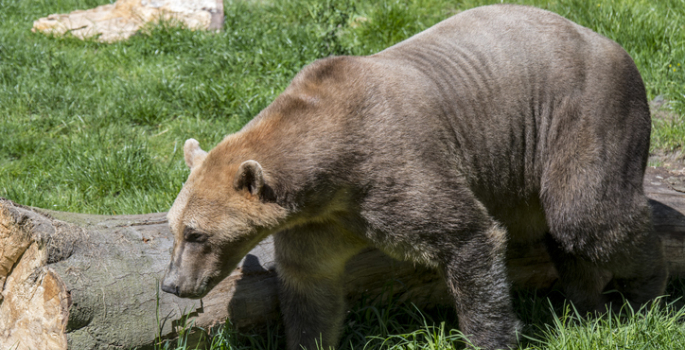
Vanderbilt researcher explains Pizzly bear hybrid species
Associate Professor of Biological Sciences Larisa DeSantis discusses pizzly bears (grizzy + polar bear hybrid species)! Read MoreApr 20, 2021
-

Analysis of ancient teeth reveal clues about how sociopolitical systems grow
Isotope analysis of ancient Peruvian teeth gives anthropologists a clearer image of how cooperating societies function. Read MoreDec 15, 2020
-

Vanderbilt biologists test evolutionary theories with novel empirical study of ‘cheater’ mitochondria
Studying “cheater” and “cooperative” mitochondria under environmental pressure delivers solid evolutionary conclusions in a longstanding theoretical field. Read MoreSep 25, 2020
-
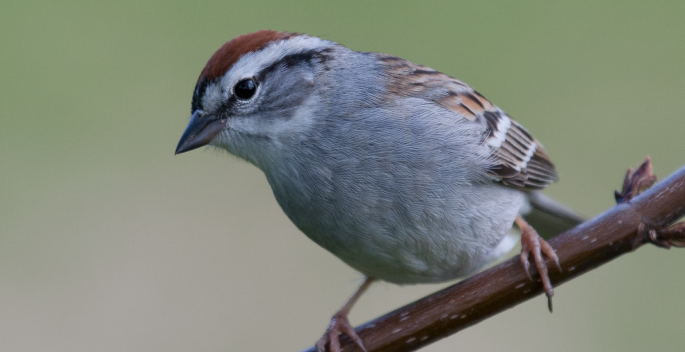
Vanderbilt lab develops app for analyzing crowd-sourced songbird recordings
With a new app from a team at Vanderbilt, birdsong researchers can better leverage crowdsourced fieldwork and audio recordings from amateur birders and citizen songbird scientists. Read MoreApr 20, 2020
-
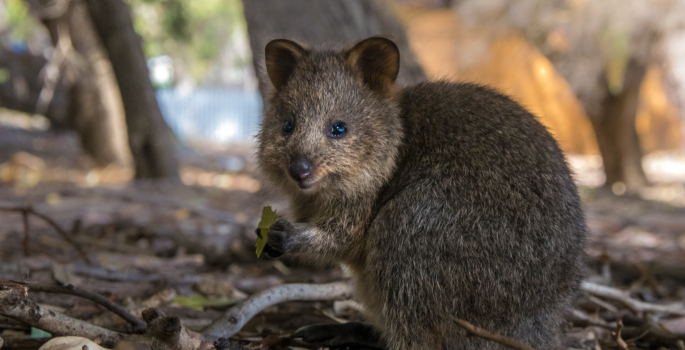
Where are the quokkas? New study explains what happened to the “happiest animal in the world”
The quokka, a small marsupial native to Australia, is an example of a species vulnerable to extinction in the country’s harsh surroundings. In a new study, researchers at Vanderbilt University demonstrate evidence for the dramatic decline of quokkas over the past century. Read MoreFeb 21, 2020
-

New method reveals how differences in the genetic “instruction booklet” between humans and Neanderthals influenced traits
When it comes to our differences from Neanderthals, most of what we know comes from comparing fossils. But fossils can only tell us about bones and not whole living organisms. That’s changing thanks to a new paper from a team of genomics researchers at Vanderbilt, who… Read MoreOct 7, 2019
-
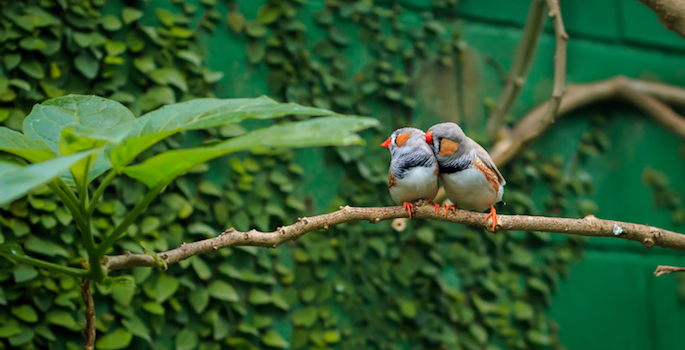
High standards of female songbirds could be driving their mates to evolve
Picky females force male songbirds to become better singers. Read MoreSep 4, 2019
-
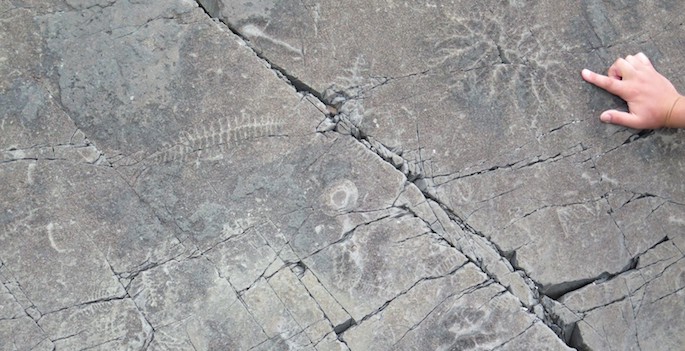
Ediacaran dinner party featured plenty to eat, adequate sanitation, computer model shows
“They are behaving like animals, and that’s a link between them and what we recognize as animals," says paleontologist Simon A.F. Darroch. Read MoreJun 19, 2019
-

Life in evolution’s fast lane
A group of budding yeasts in the genus Hanseniaspora, which is closely related to the baker’s yeast Saccharomyces cerevisiae, has lost large numbers of genes related to cell cycle and DNA repair processes. Read MoreMay 21, 2019
-
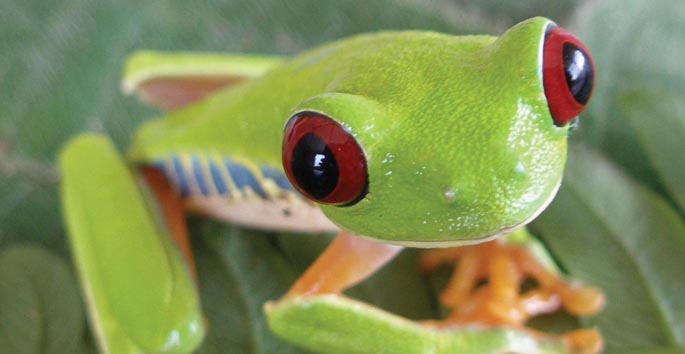
Frog fungus fights back
Louise Rollins-Smith and colleagues have discovered a new way that a deadly fungus evades frogs' immune systems. Read MoreMay 15, 2019
-
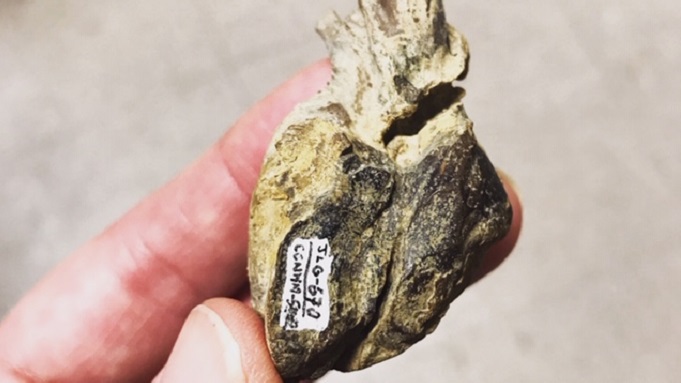
Dolphin ancestor’s hearing was more like hoofed mammals than today’s sea creatures
The team, one of the first in the world to examine the ability’s origins, used a small CT scanner to look inside a 30-million-year-old ear bone fossil from a specimen resembling Olympicetus avitus. Read MoreMay 15, 2019
-
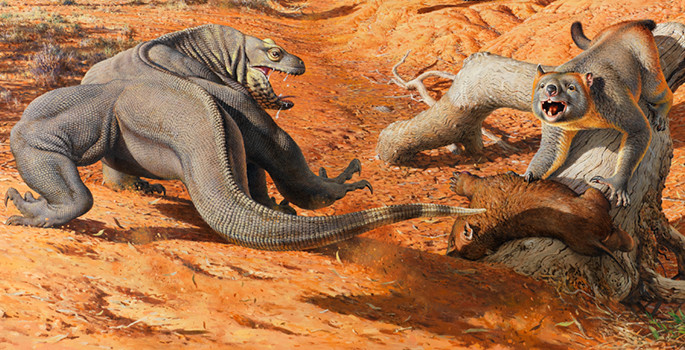
Climate change helped kill off super-sized Ice Age animals in Australia
A new study has compared the diet of a variety of Australian megafaunal herbivores from the period when they were widespread (350,000 to 570,000 years ago) to a period when they were in decline (30,000 to 40,000 years ago) by studying their fossil teeth. The analysis suggests that climate change had a significant impact on their diets and may well have been a primary factor in their extinction. Read MoreJan 26, 2017
-
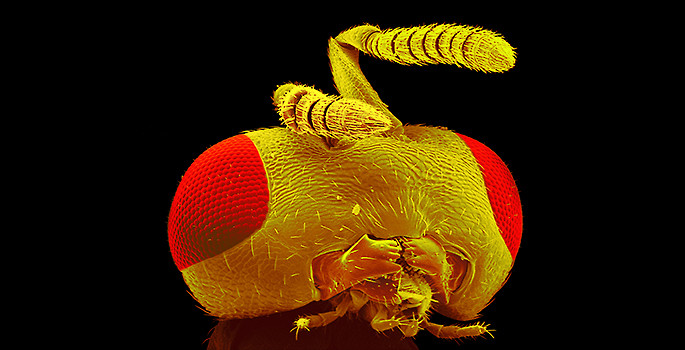
Each animal species hosts a unique microbial community and benefits from it
A laboratory study of four animal species and their microbiota finds that each species hosts a unique community of microbes that can significantly improve its health and fitness. Read MoreNov 28, 2016
-

Transcription factor evolution
Vanderbilt researchers have discovered a novel model of evolution for factors that control gene expression. Read MoreAug 11, 2016
-

Discovery of male-harming DNA mutation reinforces ‘mother’s curse’ hypothesis
There is new evidence that the "mother’s curse" – the possibility that moms may transmit genes to their children that harm their sons but not their daughters – holds true in animals. Read MoreAug 2, 2016
-
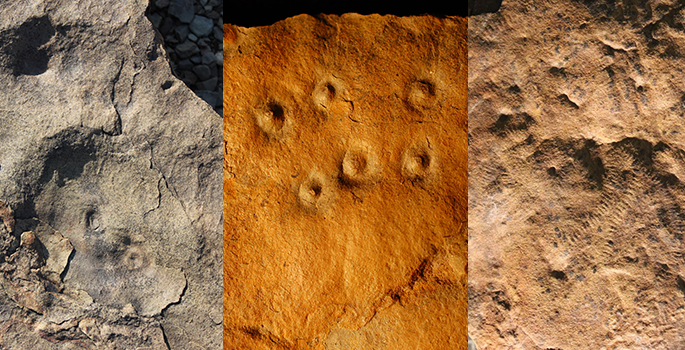
Newly discovered fossils strengthen proposition that world’s first mass extinction engineered by early animals
New fossil evidence strengthens the proposition that the world’s first mass extinction was caused by ‘ecosystem engineers’ – newly evolved organisms that radically altered the environment. Read MoreJul 29, 2016
-
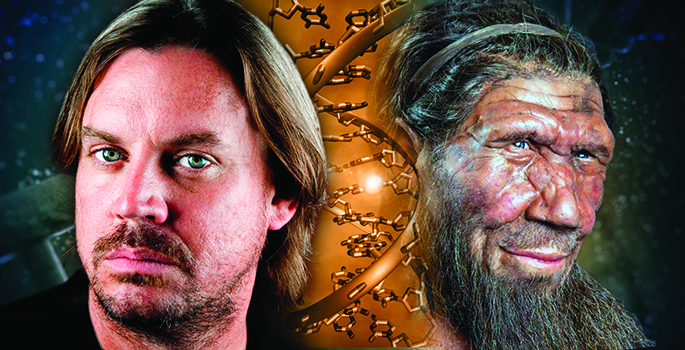
Neanderthal DNA has subtle but significant impact on human traits
The first study that directly compares Neanderthal DNA in the genomes of a significant population of adults of European ancestry with their clinical records confirms that this archaic genetic legacy has a subtle but significant impact on modern human biology. Read MoreFeb 11, 2016
-
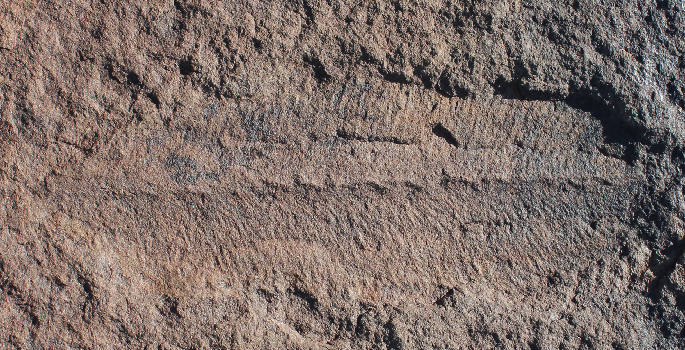
Evidence that Earth’s first mass extinction was caused by critters, not catastrophe
The Earth's first mass extinction event 540 million years ago was caused not by a meteorite impact or volcanic super-eruption, but by the rise of early animals that dramatically changed to prehistoric environment. Read MoreSep 2, 2015
-
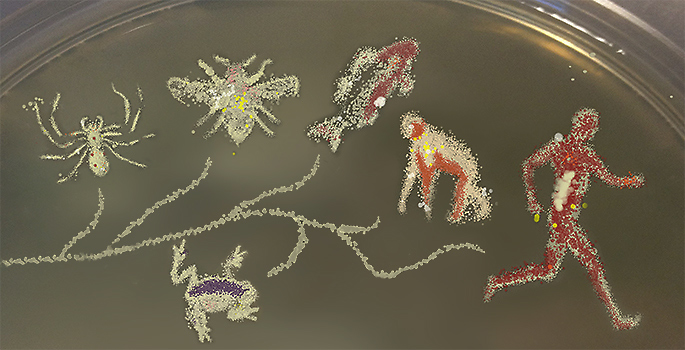
The pronoun ‘I’ is becoming obsolete
Recent microbiological research has shown that plants and animals, including humans, are not autonomous individuals but are holobionts: biomolecular networks that consist of visible hosts plus millions of invisible microbes. Read MoreAug 19, 2015